
Telephone Wires
by MOLLY LAMBERT
Why is a sunset with telephone lines blocking it sometimes more beautiful than a straight sunset? The natural overlapping with the manmade is more beautiful than just the manmade or the natural on its own. The intrusion of the manmade on nature amplifies both as long as one doesn't overwhelm the other. Is it like androgyny?

Is it the darkness of the telephone lines in silhouette against the sky? Because it transforms something that is there all day and night into something else different and specifically beautiful, but only for a very brief and emphatic time? How much of its beauty is bound up in its briefness? Isn't that what is so beautiful about flowers?

What is it about contrast that is greater than sameness? It's not just beauty versus ugliness, because I don't believe the telephone wires to be ugly, and the sunset can be so beautiful as to become ugly in its maudlinism. They are beautiful in completely different ways, ways that necessarily exclude. Each thing cannot be the other.
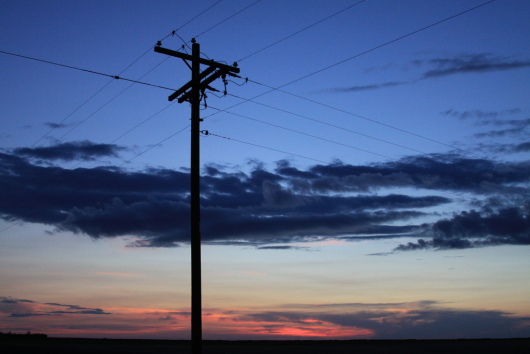
Writing is spending that creates more money in your wallet. The wallet has the illusion of only ever having five dollars in it, so you are always afraid to spend your last five dollars, but then when you do another five dollars magically appears the next day.
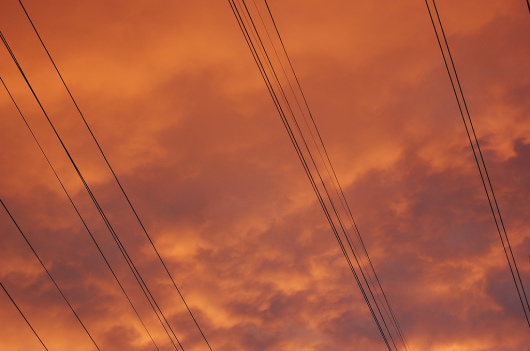
Sometimes a ten or twenty appears. Occasionally you spend it unwisely and feel stupid afterwards. But when the next bill appears it is a brand new opportunity to decide what to do with it and no decision that you made before the current one matters at all.
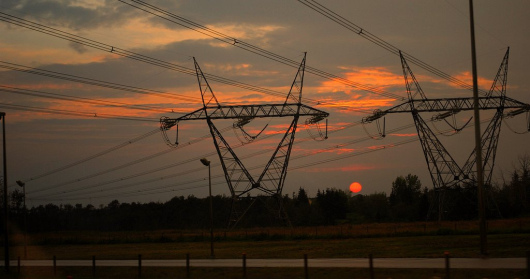
If you don't spend the five dollars, it disappears at the end of the night. The five dollars you get the next day is an entirely different five dollars but it looks identical to the one from the day before. There is no accumulated interest, but the more often you spend the five dollars the more likely it is that a twenty might show up sometime.
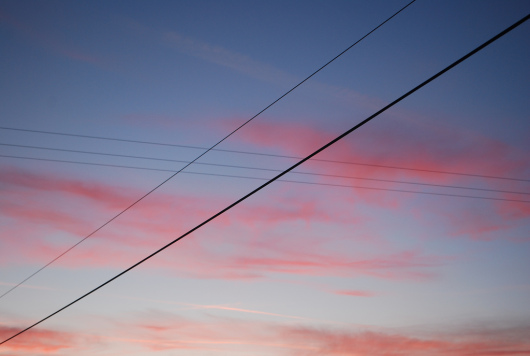
We think of artistic processes as male sexual processes. You ejaculate on the canvas (Jackson Pollack to Dash Snow). You write a book and then you bind and print it, the end. And then if you want to write another book the whole process starts over again from the beginning. But what if art is a female sexual process? If there is no refractory period? What if orgasm just leads to more orgasm? More spending? More paintings, more poems, more posts on a website? Every day there is five dollars and a sunset.

Hamlet is about a very common twentysomething desire: the desire to not make any permanent decisions. It is an extension of the desire to not get any older, which kicks in right around 25 and manifests as a darkened train tunnel projecting to the grave. There will be a lot of times at which you have to decide something and there will be no way to avoid making a choice. If you kill your stepdad, you can't un-kill him.
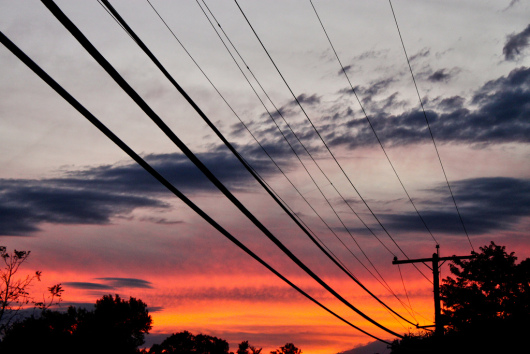
The decision to not make a decision is ironically enough, totally still a decision. It just means your choice will be made for you, which is even more stressful and worse than choosing. If you live in one place, you don't live in another place. If you're a doctor, you can't be a lawyer. If you marry one guy you can't be married to some other guy. Self-absorbed young men such as Hamlet tend to think this tendency against wanting to make serious decisions is specific to them but it is how everyone feels.
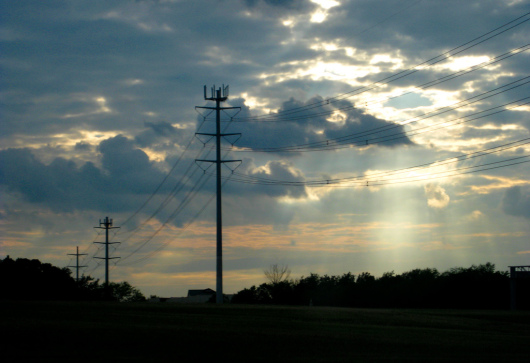
That was the real moment of clarity in Knocked Up: when Leslie Mann asked her husband Paul Rudd why it hadn't occurred to him that she might also want to see Spiderman, might also want a night alone away from their kids to play fantasy baseball with her group of friends, might also want to drive to Vegas without telling anybody and do mushrooms with Seth Rogen and see Cirque Du Soleil. Why hadn't it though?

Hamlet is really about how hard it is to make any decision, important decisions but also unimportant decisions (what to eat?) There are plenty of smaller decisions which then add up in momentum or especially lack thereof to being important decisions. How hard it is to close doors behind you and how hard it can be to keep them closed. How passivity is very much a kind of choice that creates consequences for your life.
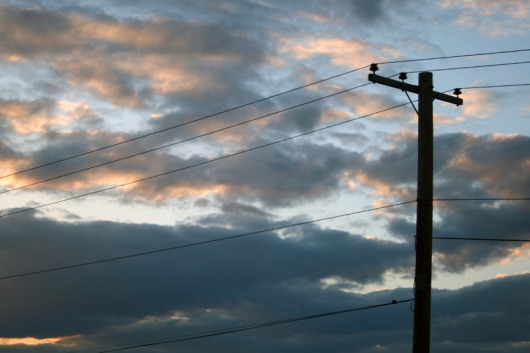
That there is no way to be so passive as to never make a serious decision about your life, because not making decisions or blinding yourself to the ongoing existence of this decision making process in your life still adds up to a kind of choice, often the most miserable. We do not always want to try, because to try is to open up the possibility that we will fail. But not trying makes failure guaranteed in advance.

We remember times that we took action but we also remember times we restrained ourselves or were restrained by forces greater than ourselves. We especially remember things we wanted to do but didn't, because restraining yourself from doing things you want to do but shouldn't hardly kills the desire to do them. We remember the point of decision, whatever decision we made or was made for us. We picture alternate worlds.

The black swan cousin of "remember when" is "what if?" What if it had gone differently? What if I hadn't? What if I had? We never think of how we could have lost at times we won, only how we could have won at times we lost. We are frustrated by circumstances outside our control, but we hate to think that we control our own circumstances.
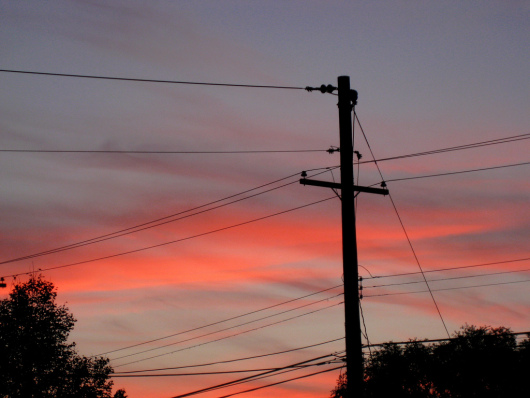
As life keeps going on and on you are forced to acknowledge that each individual decision is not made in a vacuum. That they add up to something; your character, the way others think of you, which are not the same thing. They seem to diverge further as you get older, even as you become more firm about declaring and owning your persona, your affects and effects, whatever little island you have built for yourself.

When you take stock of your life there are plot holes galore. You find it hard to believe that you acted as if the future was endless, as if bullets only go up in the air. But that is the illusory image of youth; nihilism, just as the illusion of adulthood is stability.
Molly Lambert is the managing editor of This Recording. She is a writer living in Los Angeles. You can find How To Be A Woman In Any Boys Club here, Speak Now here, and East End Boys and West End Girls here. She tumbls here and twitters here.
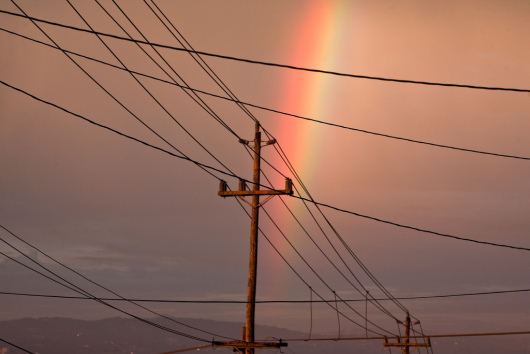
"Every Day Is Yours To Win" - R.E.M. (mp3)
"Mine Smell Like Honey" - R.E.M. (mp3)
"Alligator Aviator Autopilot Antimatter" - R.E.M. (mp3)
